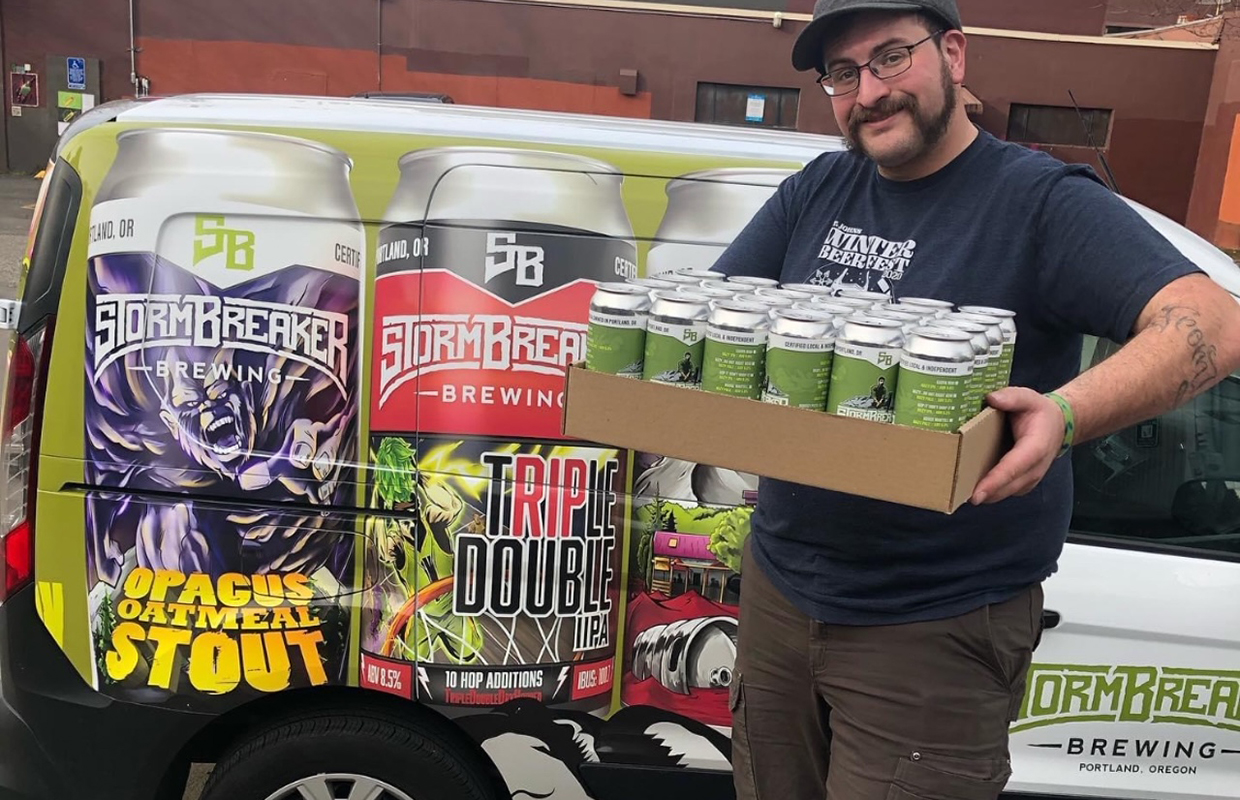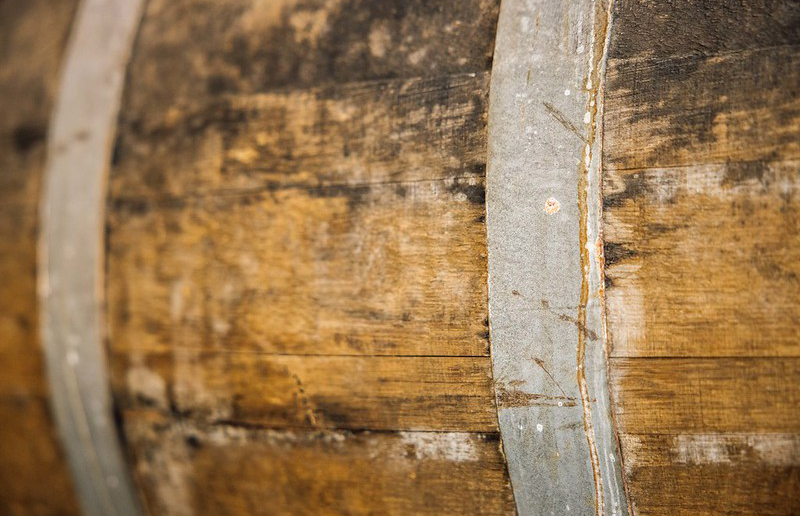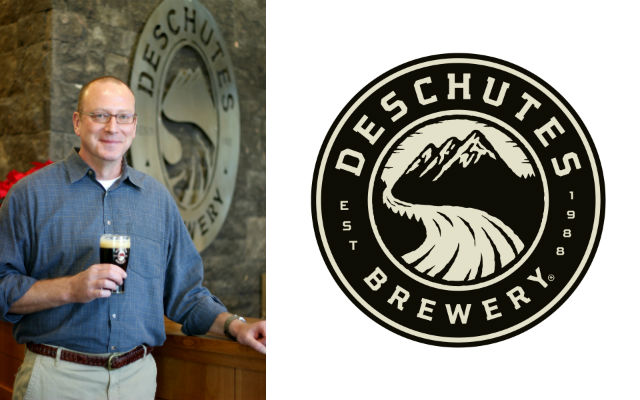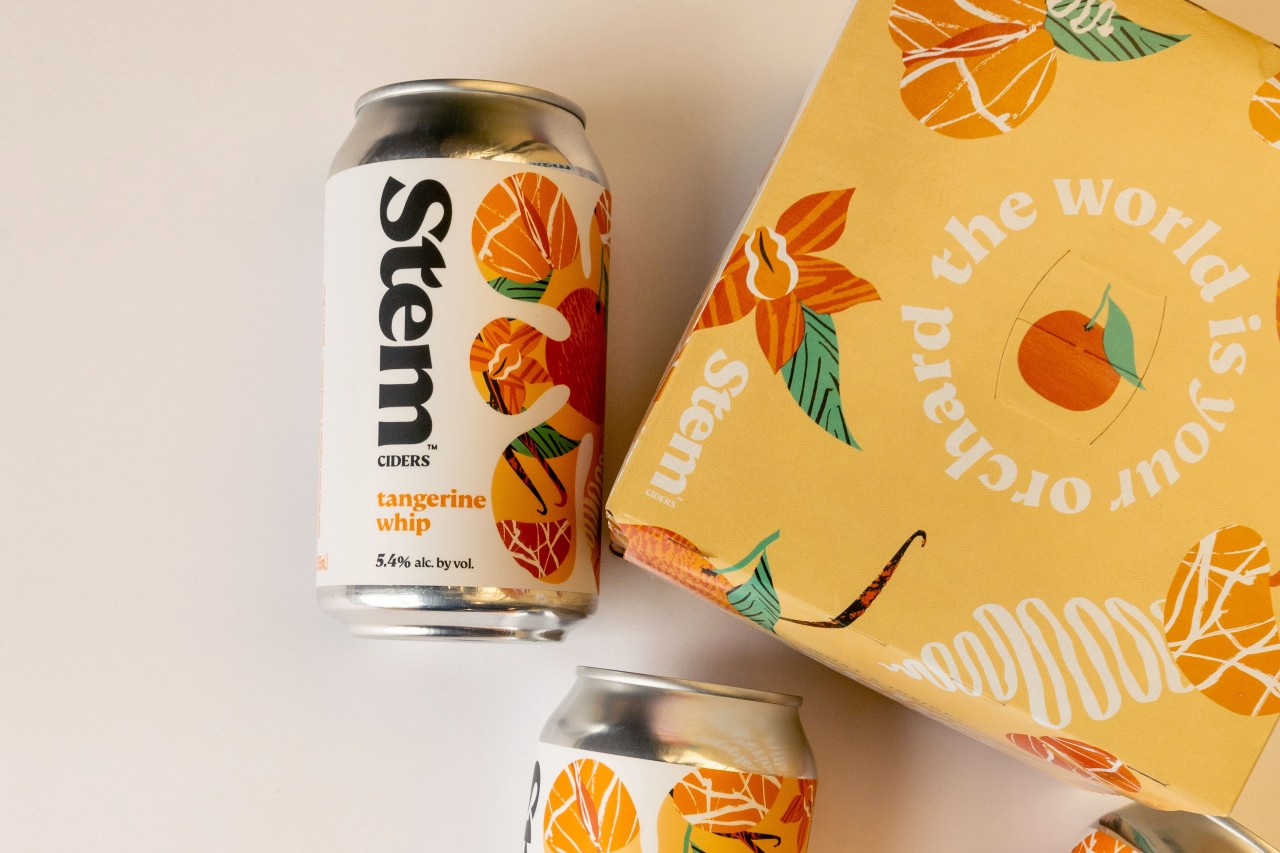
No matter the size of your territory reach or account number, doing any sort of self-distribution can help you get a better understanding of your retail buyers and, by proximity, the end consumer.
“We kind of know what to target,” said StormBreaker founder Rob Lutz. “If we walk into a place and we see one of our buddies who is self-distributed, that’s always a good thing. It’s the kind of tells us this account is probably willing to deal with us.
“But then there are certain distributors that we also know that people have difficulties with, so we’ll kind of target them. At the end of the day, it’s still a crapshoot, depending on who you’re dealing with, to try to convince them that we’re different than other self-distributors.”
Scott Cardwell, co-owner and sales manager of The Phoenix Brewing, said their decision to continue self-distributing is influenced by Ohio’s distribution laws, making it difficult to switch to a distributor.
“As we continue to expand our distribution radius, we may consider signing with a distributor for long-distance locations more than an hour’s drive,” he did admit. The benefits that he recently shared with Brewer for the January/February issue include maintaining control, better margins, and flexibility, while challenges involve the difficulty of breaking distribution contracts and the need to carefully manage growth without over-promising.
“Over the almost 10 years we have been in business, we have continuously grown, adding a production brewery, additional fermentors, kegs, and a canning line,” he said. “We try very hard not to over-promise and under-deliver.”
Lutz added that a lot of people who go with a distributor, don’t understand that the second-tier are order takers, they’re not your sales reps.
“They’re not out there selling your beer,” Lutz said. “They’re selling the beer that people want. So if you don’t have a sales rep in the market as well, and you don’t just happen to be the hot beer, good luck. “You can get buried in a book and then you’re stuck.”
StormBreaker has 1,200 barrels worth of distribution, and Lutz said they could sign with somebody tomorrow, and that beer could just evaporate into no sales.
“And we’d be screwed,” he said. “I’ve seen that happen recently, to a couple breweries out here who had this production level with a certain distributor, and that distributor just essentially stopped selling their beer, and they’re like, now what do we do?
“That’s a really difficult maneuver for anyone to have to make in such a competitive market. Plus you’re talking about having to pay somebody $50-60,000, just to go out there and make sure that the distributors are selling the beer for you.”






Be the first to comment